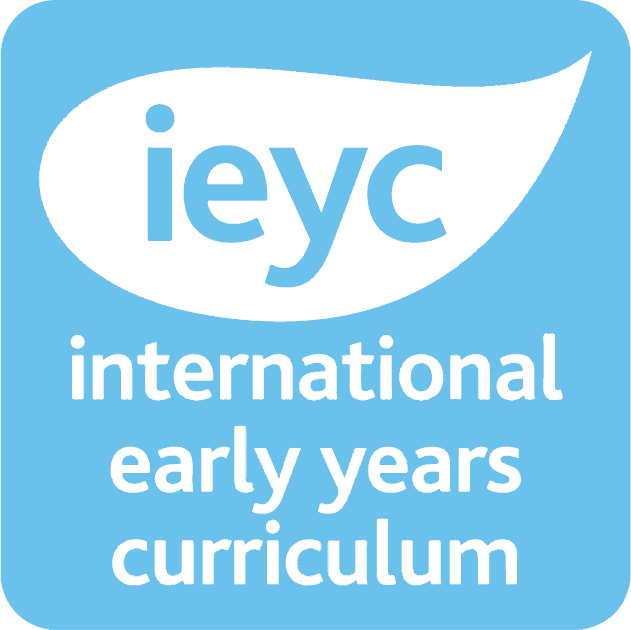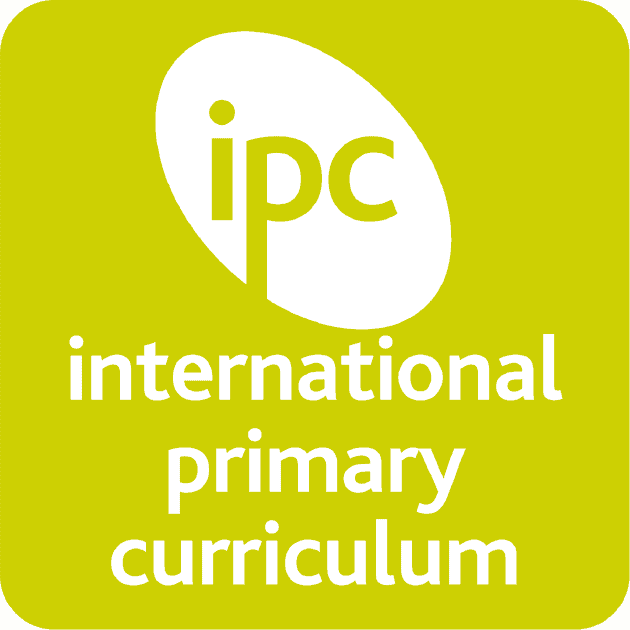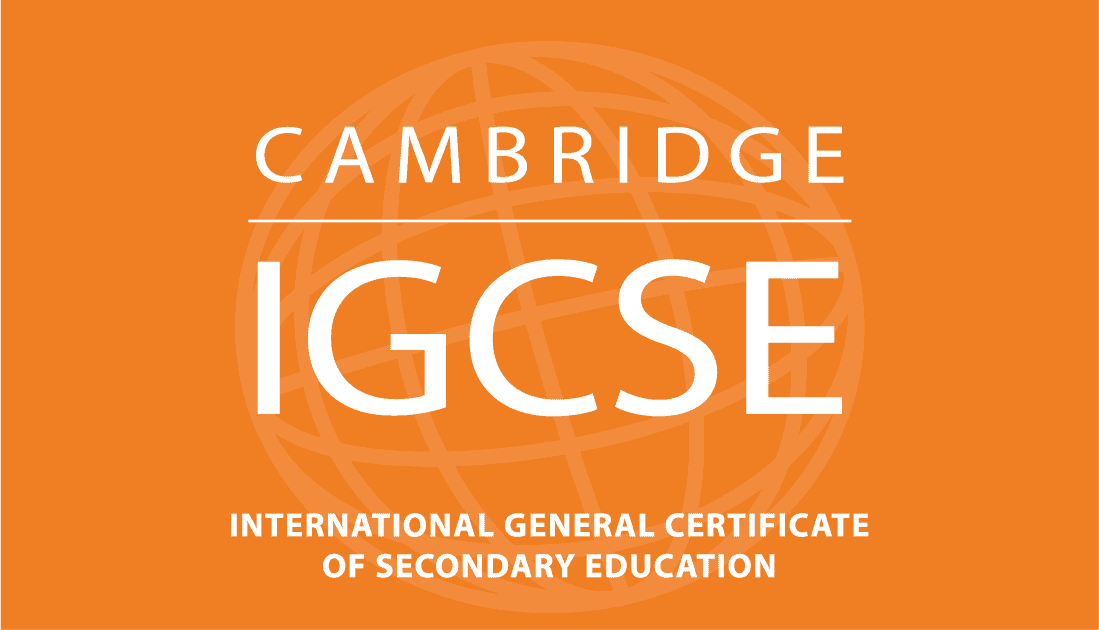The Role of a Parent in a Child’s Development: How to Be a Good Role Model for Your Child
Parents play an integral role in their child’s overall character and personality development. Many childhood development researchers posit that there is no singular, more significant impact on a child’s academic and behavioral performance than family involvement. The question thus becomes how best to become involved.
We believe that serving as a mentor — a positive role model — in the child’s academic life, from pre-school to collegiate level, is an outstanding way to get involved in their development. You are your child’s greatest support system and often serve as the primary confidant, especially during their elementary school years. Being a positive role model certainly involves at-home activities, but it’s more than that. It’s also about investing time in education and discovering what renowned institutions like a top English international school in Cambodia can offer, like a robust curriculum and community involvement.
Let’s take a more in-depth look at just how parents can serve as valuable role models in their child’s life:
What Does It Mean to Be a Good Role Model?
In child development and education, being a positive influence and a good role model goes beyond just words of affirmation and requires consistent, conscious action. It’s through action that parents can best shape their child’s values, beliefs and behaviors — including those that relate to education.
For example, a parent wanting to instill a good work ethic in their child should lead by example by engaging their child in age-appropriate tasks and chores that are enjoyable and teach the value of responsibility and contributing to a collective effort. These may be as simple as washing a car or utensils or as involved as taking a child to volunteer at a community event or with a charity group. Such tasks also model collaboration as long as the parent is involved and consistently leads by example.
How Do Children of Different Ages Look at Their Parents?
Children of every age see their parents as sources of comfort, love and protection. This need for emotional security is the strongest in the first two years and while that need may evolve, it remains for most part of the individuals’ lives. Preschoolers tend to idolise their parents as all-knowing superheroes, frequently seeking their parents’ attention, approval and validation. Because of this unadulterated idolisation and desire to imitate, this is the best time to start being a role model.
As children enter the primary grades and through middle school (ages 6 to 11), they start developing a more nuanced understanding of their parents and the other adults in their lives. They still look to parents for guidance and support, but they begin seeking a level of independence and autonomy and begin discovering their identity. That desire for autonomy grows through the adolescent years. At ages 12 and 13, children may start to see parents as a barrier to their autonomy, leading to some familial turmoil. However, during those teenage years, children continue to look to their parents for support, most eventually growing to better appreciate their parents’ advice and guidance by the time they graduate. Parents need to understand these changing emotional and mental needs and thereby grow or evolve their roles.
Why Is It Important to Be There for Your Child?
During every stage of a child’s development, from adoration to distancing to appreciation, parents must guide them and be their pillars of support. A parent’s emotional, mental and financial support enables children to develop a deep sense of trust and gives them a secure base to explore the world. This type of secure attachment makes it easier for children to explore, be creative, trust and collaborate with others positively.
How Can You Be a Good Role Model?
The first step in being a good role model is doing just what you’re doing here, learning more. Positive parental role models nurture positive values and behaviors that will develop their child’s empathy and resilience. They use practical methods like leading by example to lay the foundation for children’s growth into compassionate, responsible and well-rounded individuals. Let’s take a deeper look at these:
- Lead by example: Demonstrating kindness, empathy, and respect in your everyday interactions teaches children the importance of treating others with understanding and compassion.
- Keep communication open and display active listening: Engaging in open and honest communication with children reinforces your role as a confidant and encourages children to express concerns, feelings, and experiences.
- Teach problem-solving skills: Encouraging children to independently tackle challenges with you available to offer guidance and support helps children to build confidence and resilience.
- Emphasis on the value of education: Promoting passion and appreciation for education by supporting children’s academic endeavors and investing in their learning helps to install a thirst for knowledge, growth, and work ethic.
One strong way parents can emphasis the value of education is by investing in a school with high-quality education, such as by enrolling them in one of the premier international schools in Cambodia. British schools in Phnom Penh are renowned for their commitment to providing a robust curriculum based on Western philosophy traditions.
At an international primary school, children receive a comprehensive educational experience that priorities language acquisition, creative thinking and collaborative skills. At such an international primary school, children are exposed to many cultures and immerse themselves in a project-based learning environment.
English schools in Cambodia, like Harrods International Academy and other international schools in Phnom Penh, provide instruction in the English language. While it is true that institutions of public education in Cambodia teach English in primary and secondary grades, Khmer remains the official and dominant national language in classes and throughout the country. If you are an expatriate family or are a Cambodian family who wants to see their child graduate with a strong foundation in English, then choosing a Cambridge school, international school or another private school that priorities the development of English language skills is the best choice. No matter where your child goes to school, when it comes to developing language skills, the best way to be a good role model is to speak and read English at home.
Enroll Your Child at an International Early Years School Today
Here at Harrods International School, our entire team, from teachers to administrators, is eager to join parents as outstanding role models for students. Learn about what makes our international primary school unique by contacting our team and booking a school tour today.









